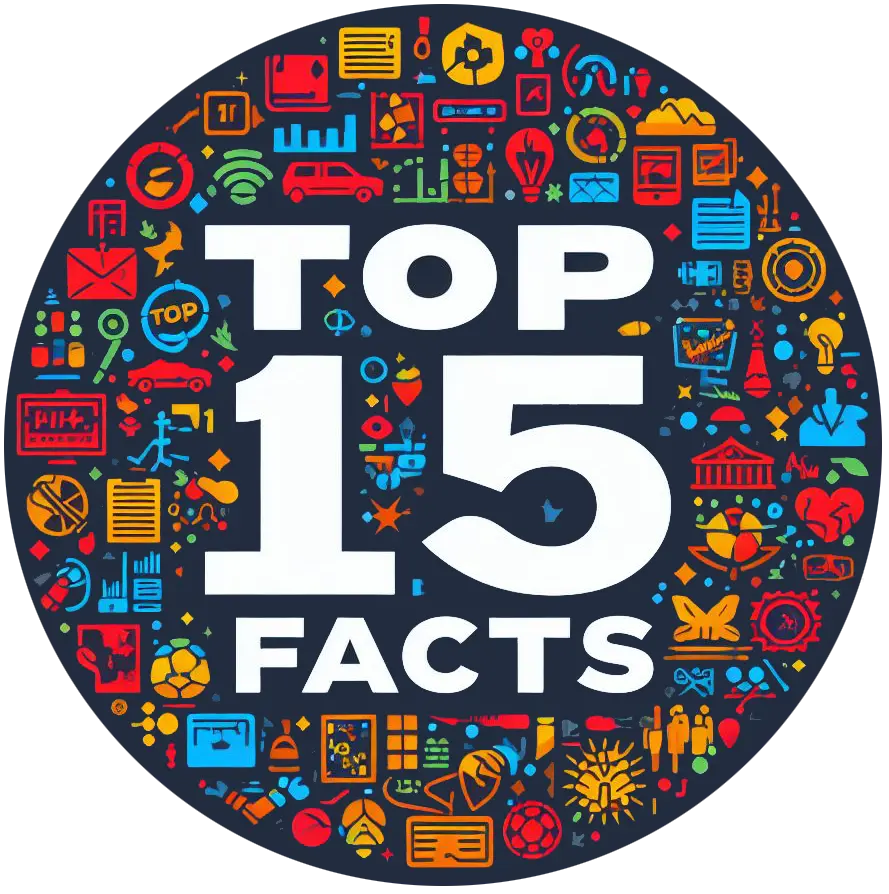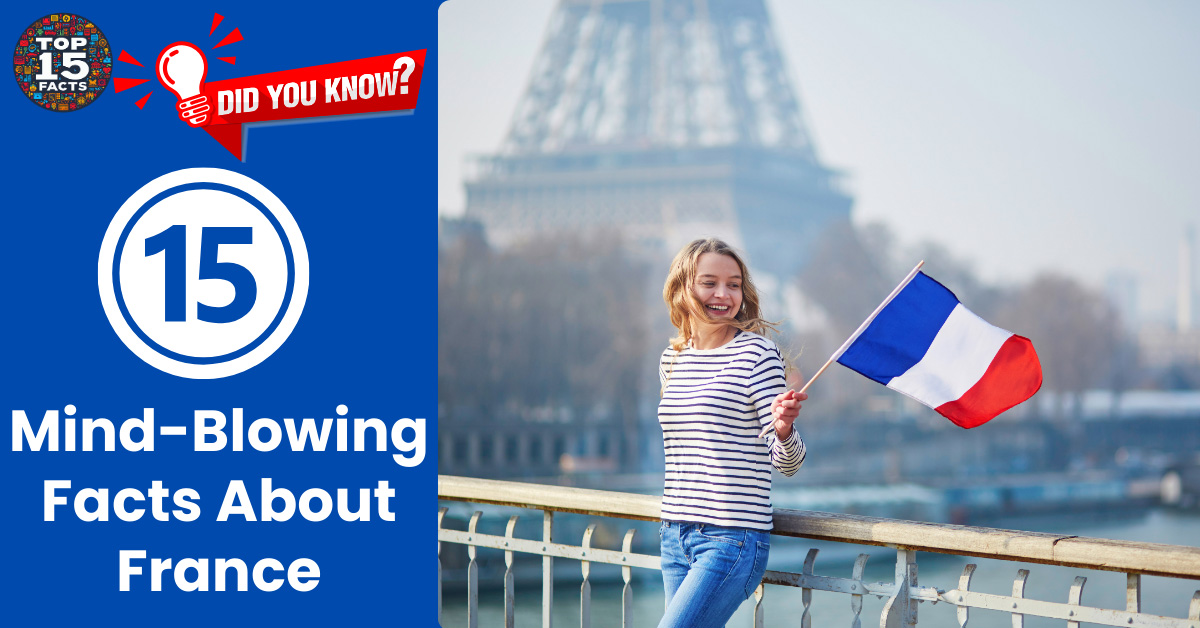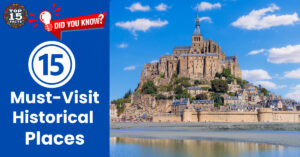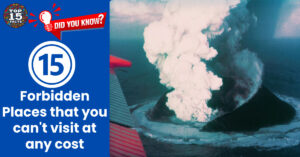France, a country synonymous with romance, art, and exquisite cuisine, holds many surprises beyond its iconic landmarks and cultural clichés. Prepare to be captivated by these 15 mind-blowing facts that reveal a more nuanced and intriguing side of France.
15 Mind-Blowing Facts About France (One Line Facts)
- The Eiffel Tower grows taller in summer.
- France has the most time zones of any country.
- A French king reigned for just 20 minutes.
- The French invented the metric system.
- France produces more wine than any other country.
- The Statue of Liberty was a gift from France.
- The French eat 30,000 tons of snails each year.
- There’s a replica of the Eiffel Tower in Las Vegas.
- France is the most visited country in the world.
- The French flag was inspired by the city of Paris.
- France is home to Europe’s tallest sand dune.
- There’s a French town named Condom.
- French was the official language of England for 300 years.
- France is the largest country in the European Union.
- The French love cheese, consuming over 26 kg per person annually.
1. The Eiffel Tower Gets Taller in the Summer:
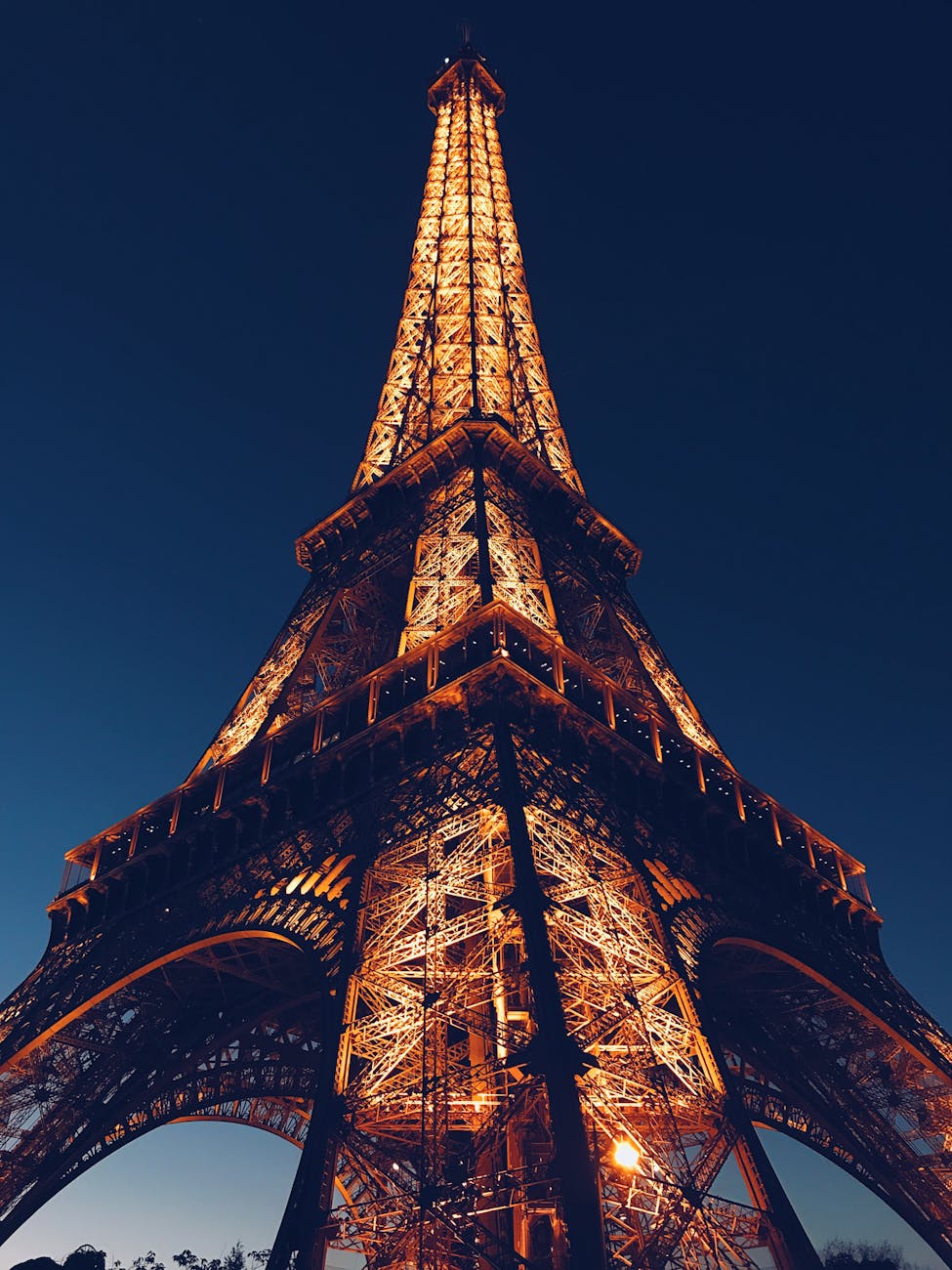
The Eiffel Tower is an impressive 324 meters (1,063 feet) tall, but it doesn’t stay that height year-round. It’s made of wrought iron, a metal that expands when heated. On a hot summer day, the tower can grow by as much as 15 centimetres (6 inches)! This is due to a scientific phenomenon called thermal expansion. The iron molecules in the tower’s structure vibrate more rapidly as they warm up, increasing the distance between them and causing the tower to slightly stretch upwards.
2. France Has More Time Zones Than Any Other Country:
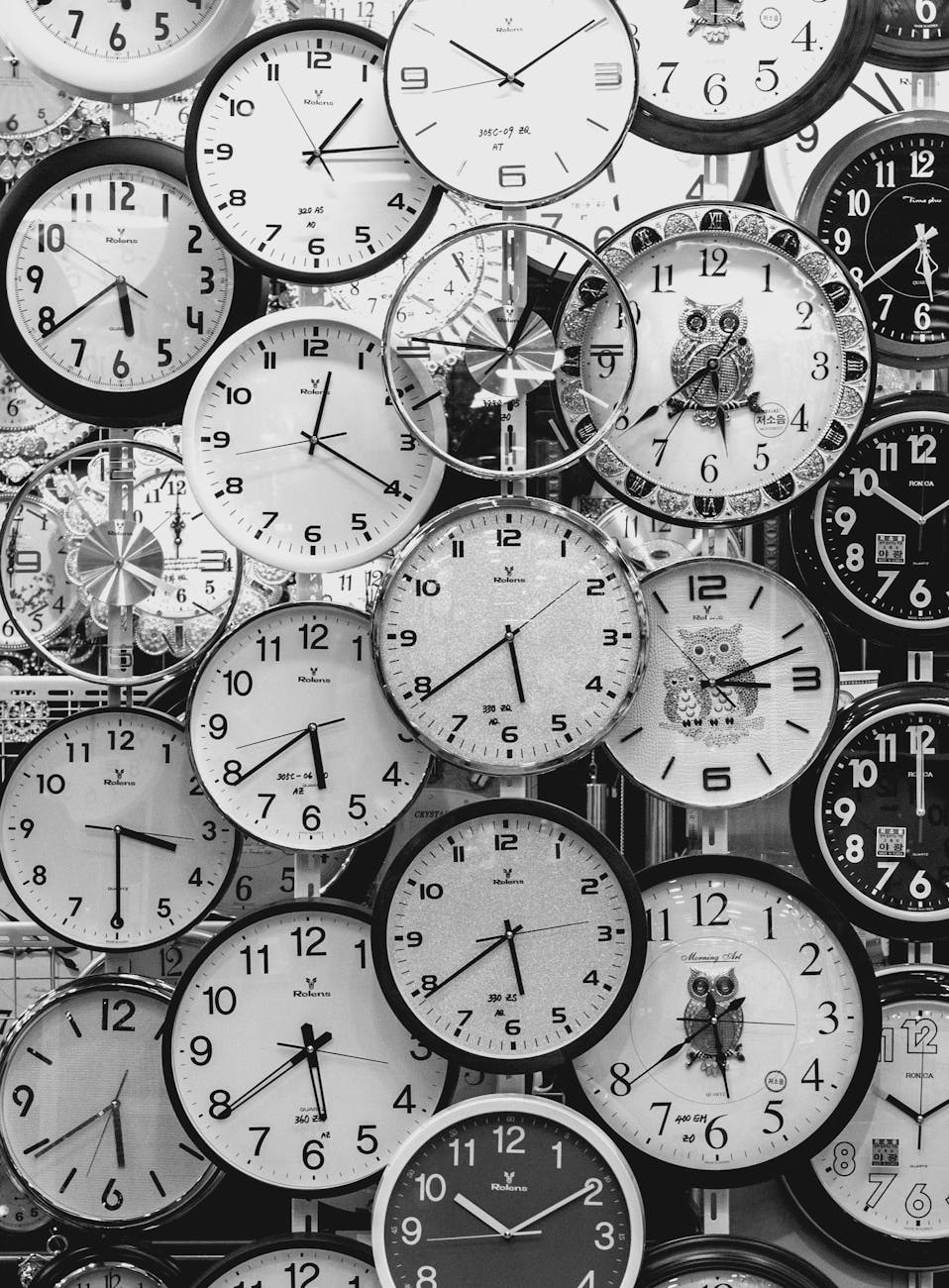
France’s extensive network of overseas territories and departments, scattered across the globe, gives it the unique distinction of having 12 different time zones. These territories include places like French Polynesia in the Pacific Ocean, Guadeloupe in the Caribbean, and Reunion Island in the Indian Ocean. This wide geographical spread means that while it might be lunchtime in Paris, it could be bedtime in French Polynesia or early morning in Guadeloupe.
3. One French King Ruled for Only 20 Minutes:
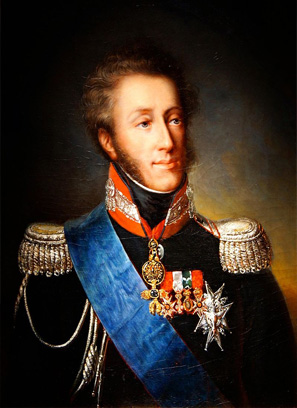
In 1830, amidst a period of political unrest and revolution, King Charles X of France was forced to abdicate the throne. His son, Louis XIX, briefly inherited the title, but he too abdicated just 20 minutes later, making him the shortest-reigning monarch in French history. The throne then passed to Louis-Philippe, who became known as the “Citizen King” and ushered in a more constitutional monarchy.
Read More: 15 Cities That Dazzle After Dark: A World Tour of Nighttime Wonders
4. The French Invented the Metric System:
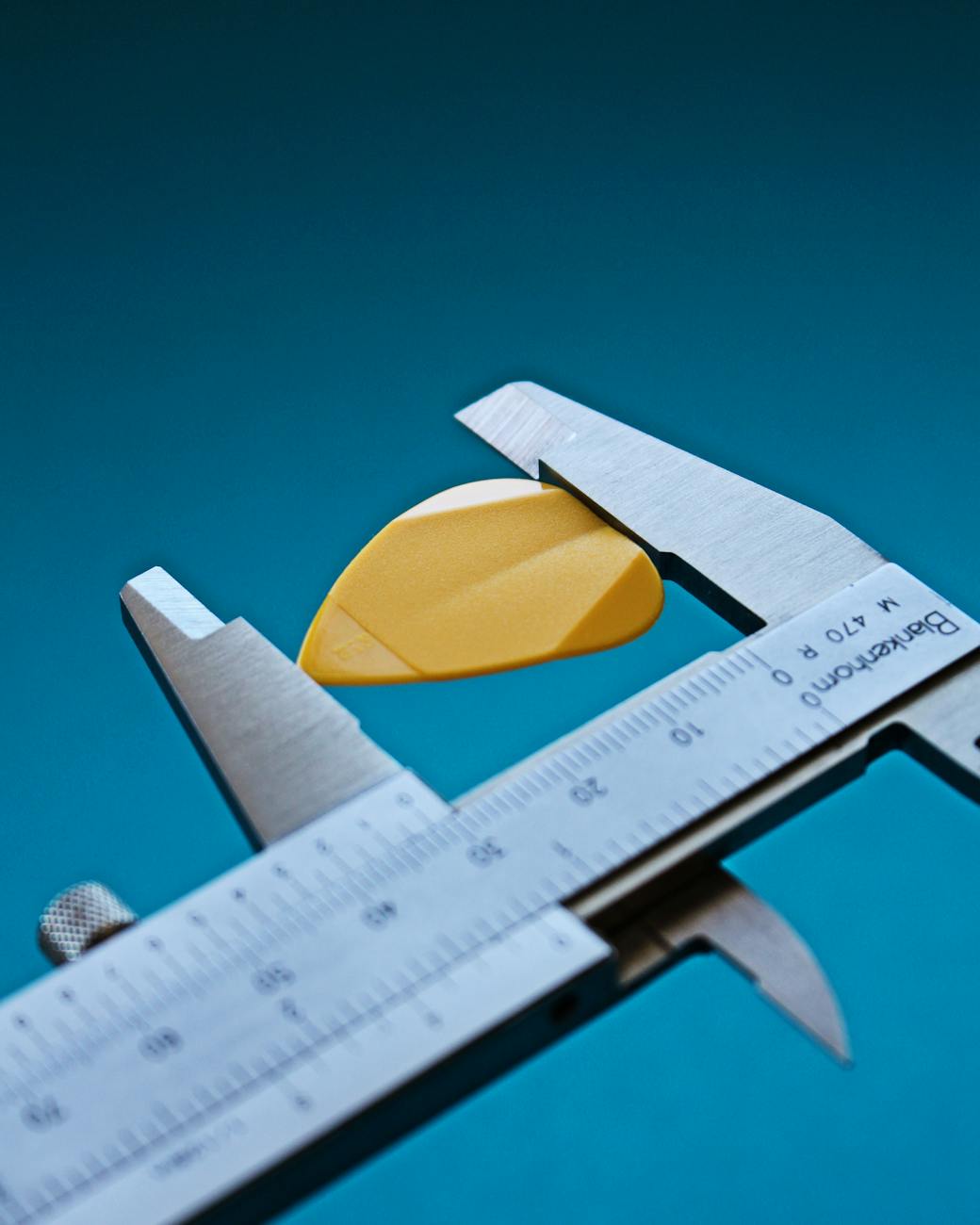
During the Age of Enlightenment, a period of intellectual and scientific revolution in the 18th century, the French Academy of Sciences developed the metric system. This decimal-based system of measurement, which uses units like meters, grams, and liters, was designed to be more logical and easier to use than the confusing and inconsistent systems of the time. Today, the metric system is the standard system of measurement in most of the world.
5. France Makes More Wine Than Anyone Else:
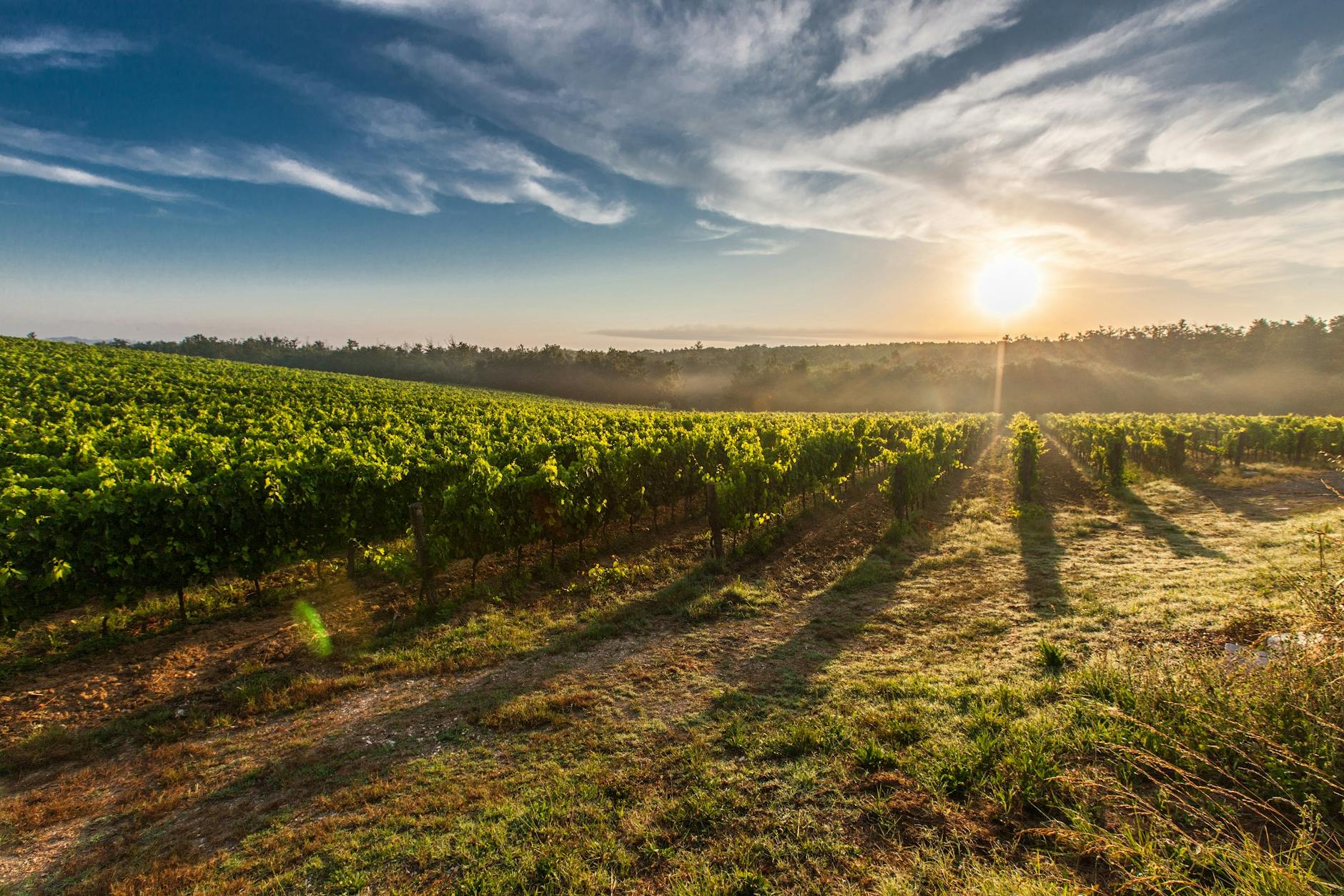
France has a long and storied history of wine making, dating back to Roman times. The country’s diverse climate and soil conditions, combined with centuries of expertise, have made it a global leader in wine production. From the prestigious vineyards of Bordeaux and Burgundy to the sparkling wines of Champagne, France consistently produces some of the world’s most celebrated and sought-after wines.
6. The Statue of Liberty Was a Gift from France:
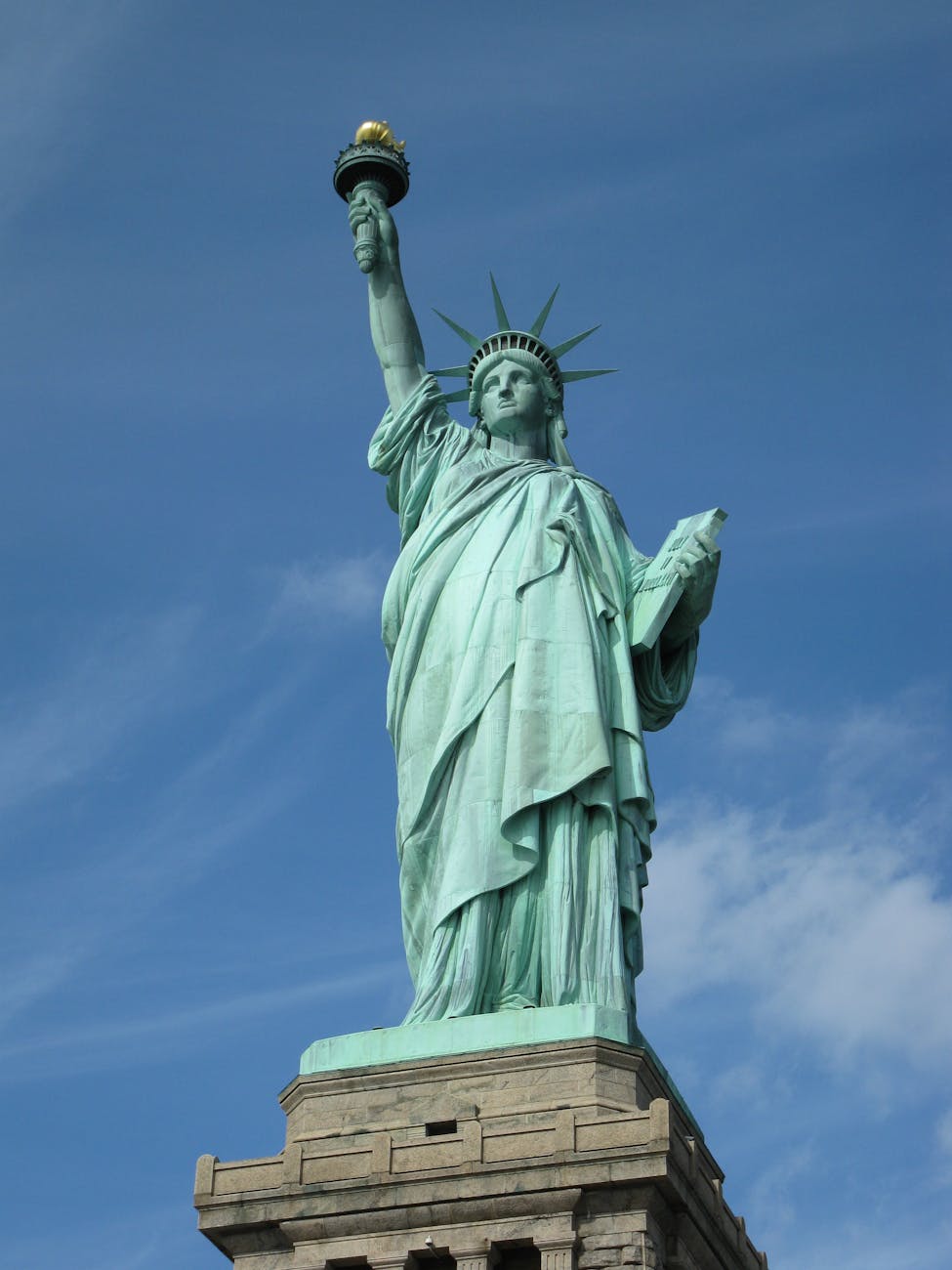
The iconic Statue of Liberty, a symbol of freedom and democracy, was a gift from France to the United States in 1886. It was designed by French sculptor Frédéric Auguste Bartholdi and constructed with the help of engineer Gustave Eiffel, who would later go on to design the Eiffel Tower. The statue was intended to commemorate the alliance between France and the United States during the American Revolution and to celebrate the centennial of American independence.
Read More: 15 Unique Cultural Festivals You Won’t Want to Miss
7. The French Eat 30,000 Tons of Snails Each Year:
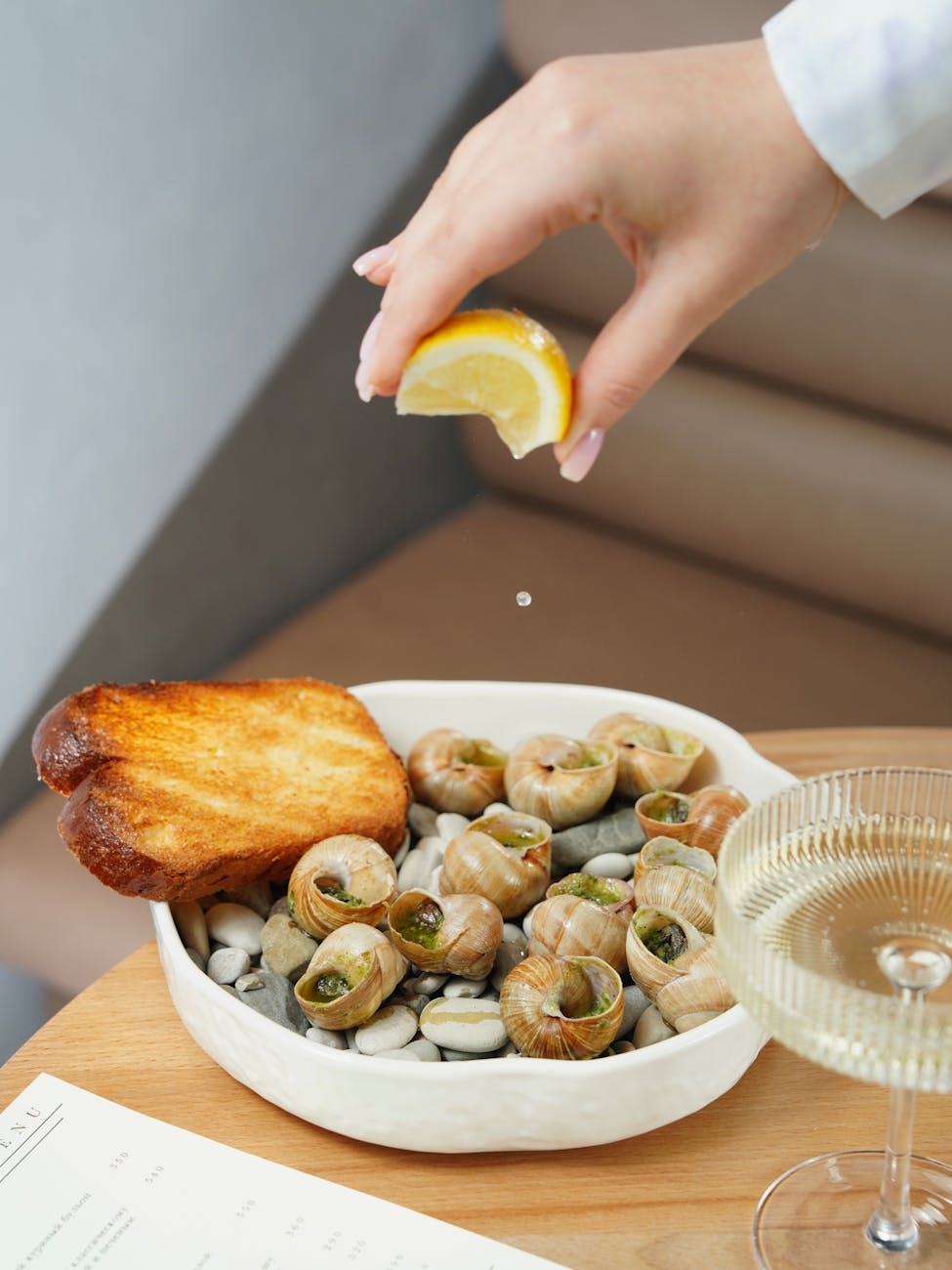
Escargot, or cooked snails, are a popular delicacy in France, particularly in the Burgundy region. These snails are typically farmed, then cooked in butter, garlic, and parsley. While they might not appeal to everyone’s palate, the French consume an estimated 30,000 tons of snails each year, enjoying them as a flavourful and unique culinary experience.
8. There’s a Mini Eiffel Tower in Las Vegas:
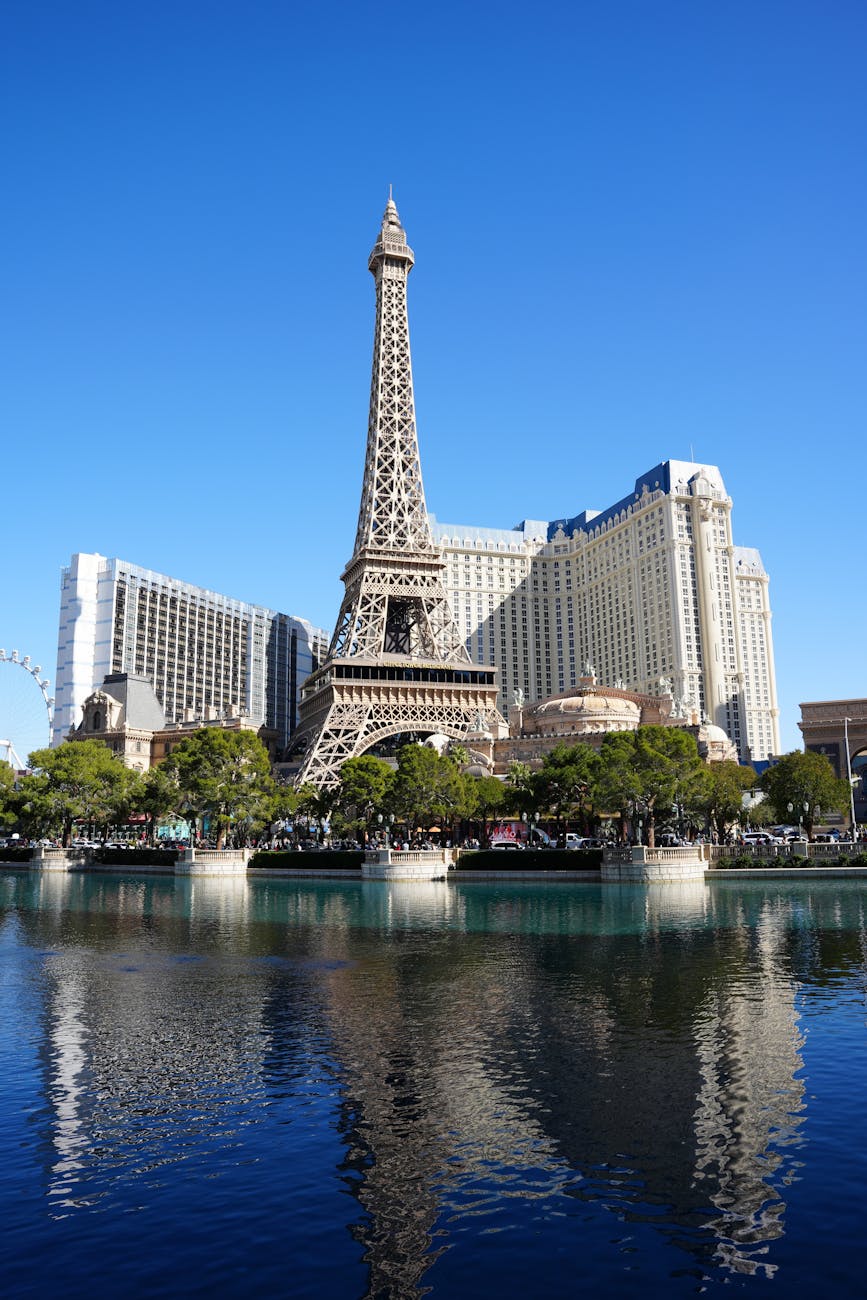
For those who can’t make the trip to Paris, a half-scale replica of the Eiffel Tower can be found at the Paris Las Vegas Hotel & Casino. Standing at 541 feet tall, this replica offers visitors stunning views of the Las Vegas Strip and a taste of Parisian charm. The hotel and casino also feature other French-themed attractions, like a replica of the Arc de Triomphe and cobblestone streets reminiscent of Paris.
9. France Is the Most Visited Country in the World:

France’s unique blend of history, culture, and natural beauty makes it a top destination for travelers from around the world. The country boasts a diverse range of attractions, from the romantic streets of Paris and the historic chateaux of the Loire Valley to the sun-soaked beaches of the French Riviera and the charming villages of Provence. This diversity, combined with a rich culinary tradition and a reputation for luxury and refinement, has made France the most visited country in the world.
10. The French Flag Was Inspired by Paris:
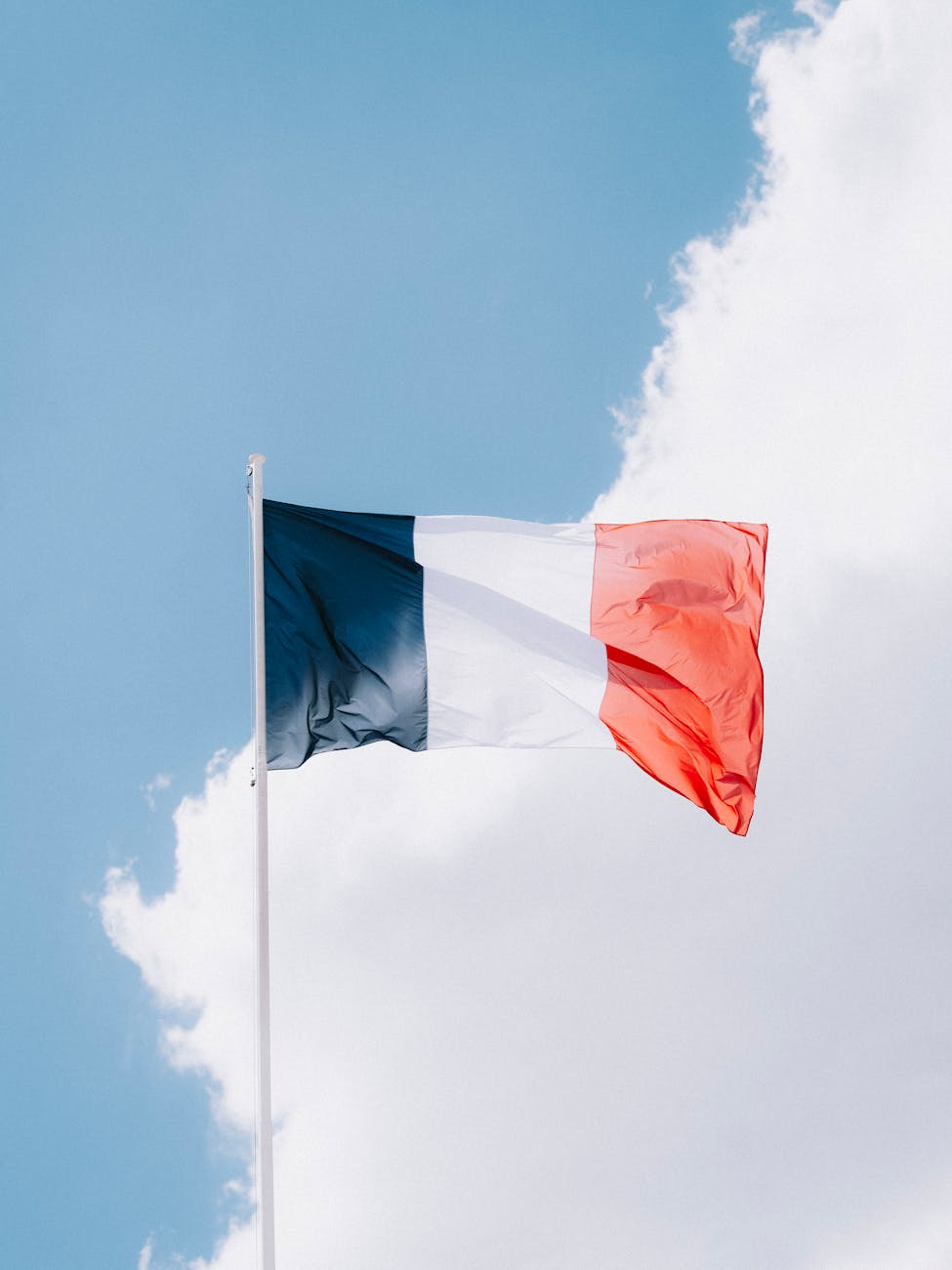
The French flag, with its three vertical stripes of blue, white, and red, is a symbol of the country’s national identity. The colors are said to represent the city of Paris, with blue and red being the colors associated with Saint Denis, the patron saint of France, and Saint Martin, the bishop of Tours. The white stripe was added later to represent the monarchy.
11. Europe’s Tallest Sand Dune Is in France:
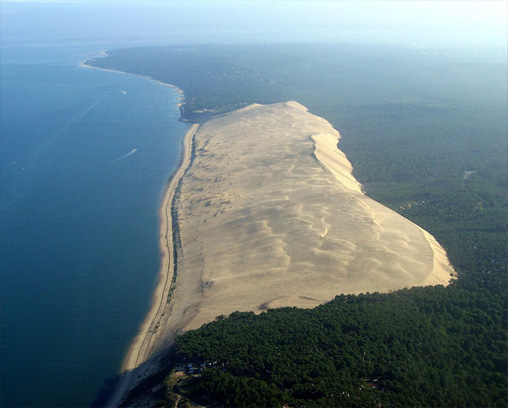
The Dune du Pilat, located on the Atlantic coast of France near the Bay of Arcachon, is the tallest sand dune in Europe. It stands at over 100 meters (328 feet) high and stretches for 2.7 kilometers (1.7 miles) along the coast. The dune is a popular tourist attraction, offering activities like paragliding, sandboarding, and hiking.
12. There’s a French Town Called Condom:
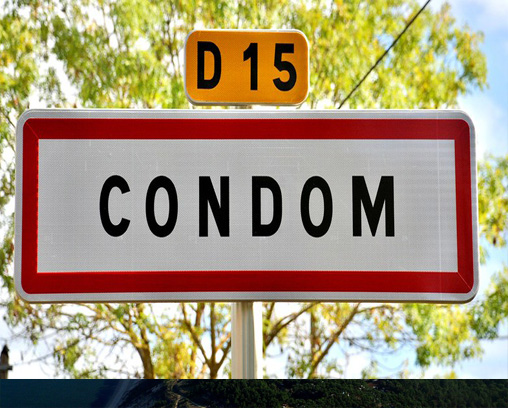
Located in southwestern France, the town of Condom gets its name from the Latin word “condominium,” meaning “shared territory.” Despite the humorous coincidence, the town has no connection to the contraceptive device.
13. French Was the Official Language of England for 300 Years:
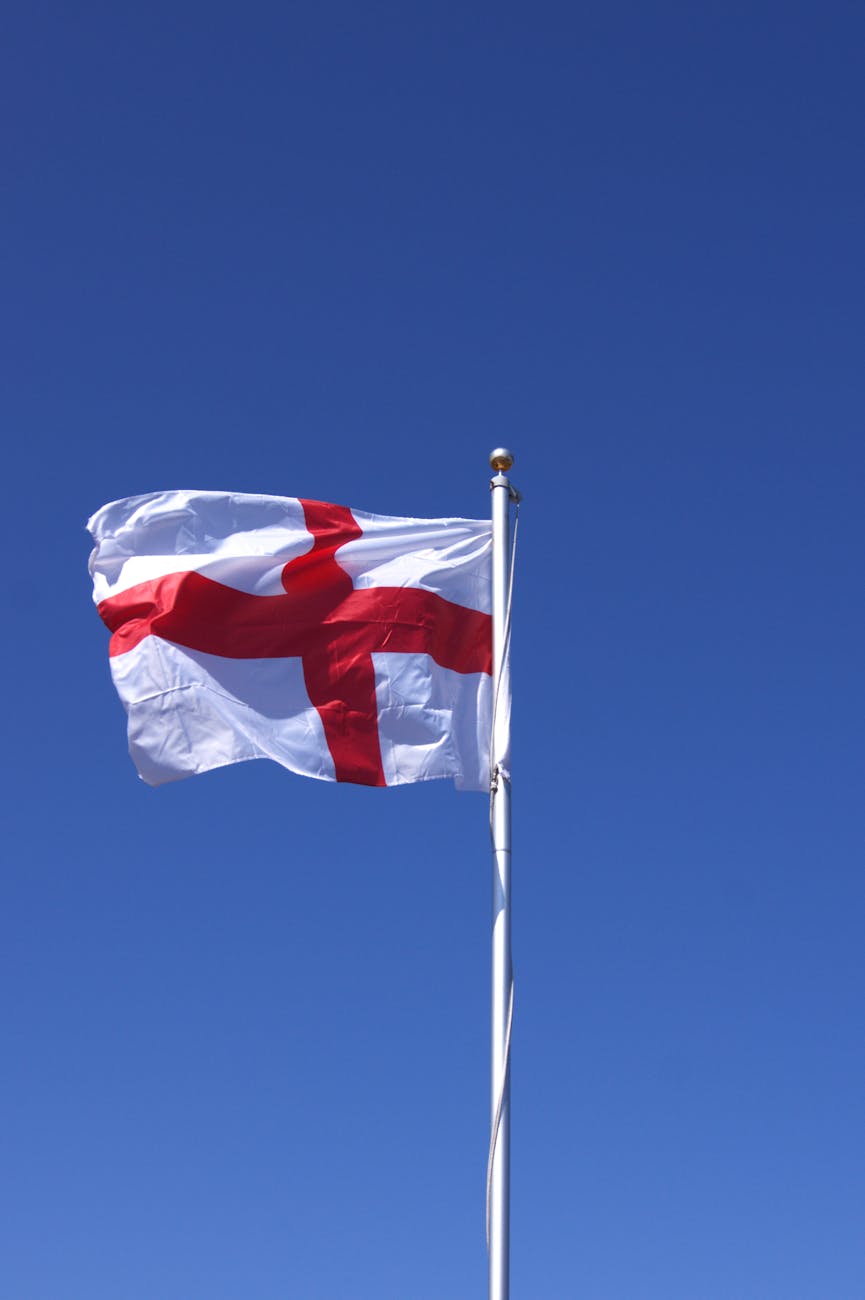
Following the Norman conquest of England in 1066, French became the language of the English court and ruling class. This linguistic dominance lasted for nearly 300 years, leaving a lasting impact on the English language. Many words in modern English, particularly those related to law, government, and cuisine, have French origins.
Read More: Top 15 Mind-Blowing Facts About the UK That Will Leave You Astounded
14. France Is the Biggest Country in the European Union:
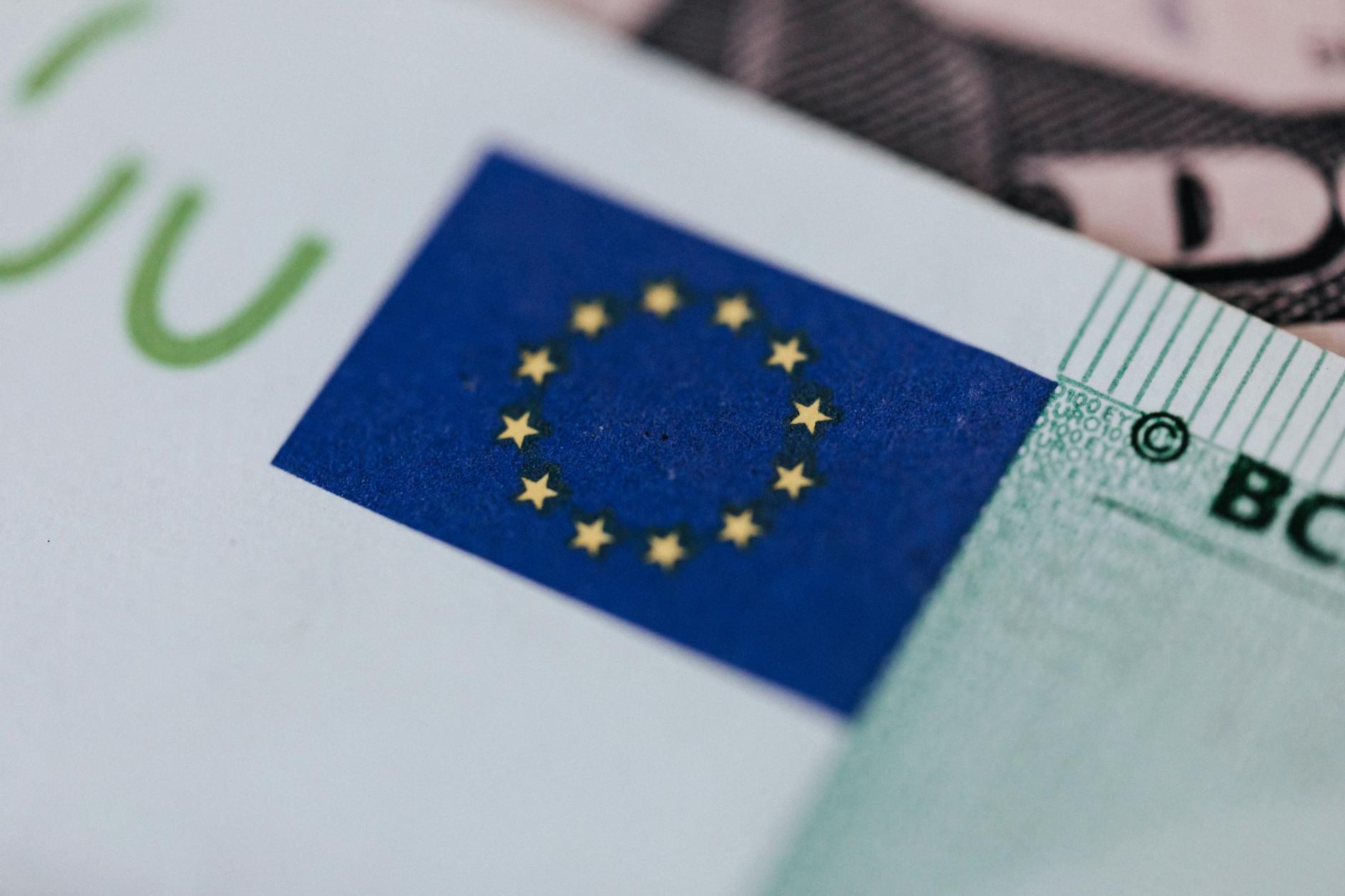
When including both its mainland territory and its overseas departments and territories, France boasts the largest land area of any country in the European Union. Its diverse landscape encompasses everything from the snow-capped peaks of the Alps to the sun-drenched beaches of the Mediterranean, offering a wealth of natural beauty and recreational opportunities.
15. The French Love Cheese (Like, a Lot):
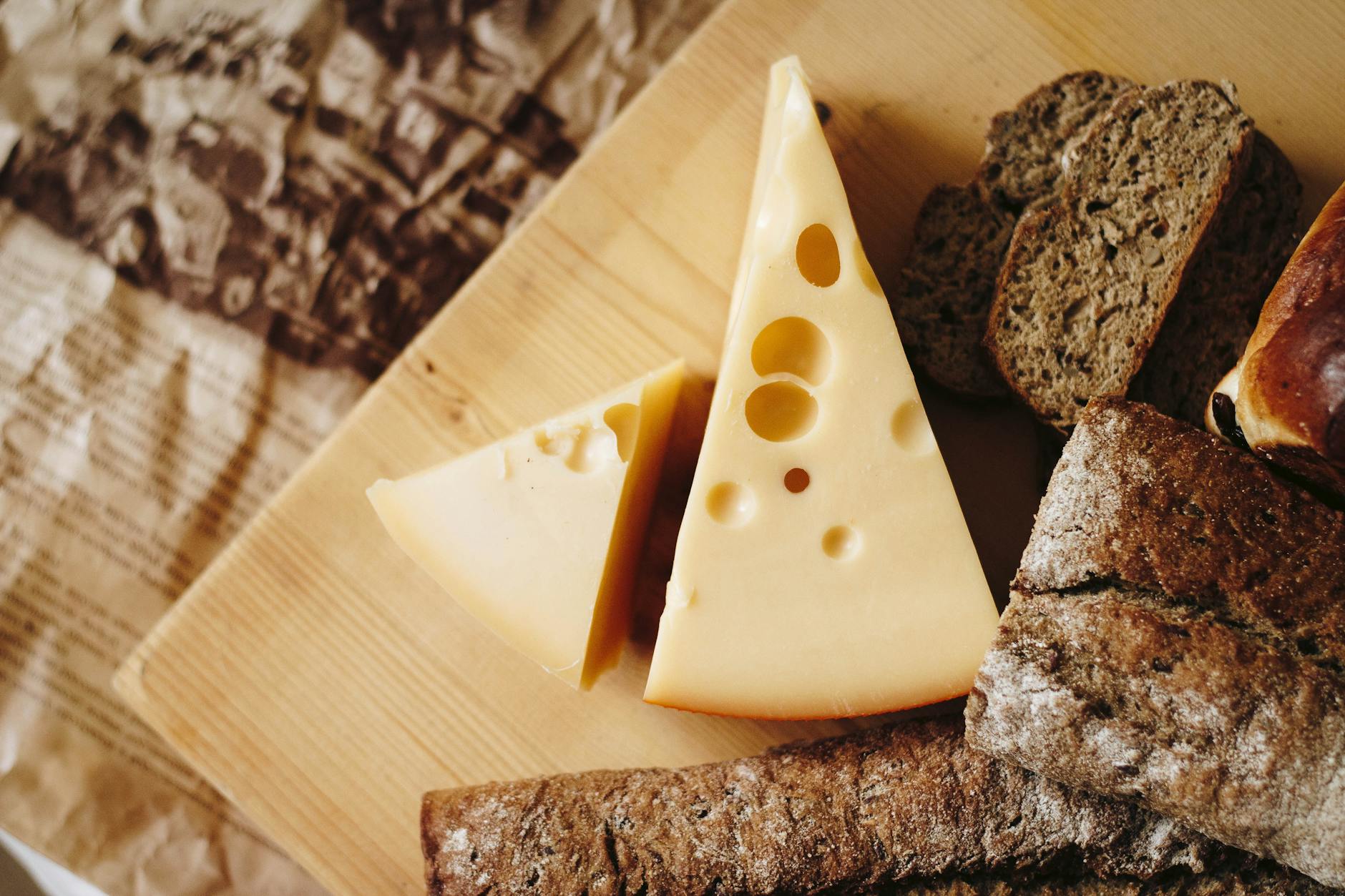
Cheese is deeply ingrained in French culture and cuisine. With over 1,600 different varieties produced in the country, it’s no wonder the French are passionate about cheese. The average French person consumes over 26 kilograms (57 pounds) of cheese per year, enjoying it as a snack, an appetizer, or a main course.
Conclusion:
France, a country rich in history, culture, and natural beauty, never ceases to amaze with its unique quirks and surprising facts. Whether it’s the Eiffel Tower’s growth spurts, the country’s dominance in time zones, or the unexpected culinary delights like escargot, France continues to captivate and intrigue those who delve deeper into its many fascinating facets. So, the next time you think of France, remember that there’s always more to discover beyond the Eiffel Tower and croissants.
15 FAQs ( Frequently Asked Questions):
-
What is the capital of France?
The capital of France is Paris, a global center for art, fashion, gastronomy, and culture. It’s home to iconic landmarks like the Eiffel Tower, the Louvre Museum, and the Arc de Triomphe.
-
What are some famous French landmarks?
France is renowned for its stunning landmarks, including the Eiffel Tower, the Louvre Museum, the Palace of Versailles, the Arc de Triomphe, Notre-Dame Cathedral, and Mont Saint-Michel.
-
What are some popular French foods?
French cuisine is celebrated worldwide for its exquisite flavors and techniques. Some popular dishes include croissants, baguettes, escargot (snails), coq au vin (chicken in wine), ratatouille, and crème brûlée.
-
What is the best time to visit France?
The best time to visit France depends on your preferences. Spring (April-June) and fall (September-October) offer pleasant weather and fewer crowds. Summer (July-August) is peak tourist season, while winter (December-February) can be chilly but magical, especially around Christmas.
-
Do I need a visa to visit France?
Whether you need a visa to visit France depends on your nationality and the length of your stay. Citizens of many countries, including the United States, Canada, and Australia, can visit France for up to 90 days without a visa. However, it’s always recommended to check the latest visa requirements before you travel.
-
What are some useful French phrases to know?
Learning a few basic French phrases can enhance your travel experience in France. Some useful phrases include:
1)Bonjour (Hello)
2)Au revoir (Goodbye)
3)Merci (Thank you)
4)S’il vous plaît (Please)
5)Excusez-moi (Excuse me)
6)Parlez-vous anglais? (Do you speak English?)
7)Où sont les toilettes? (Where is the bathroom?) -
What is the currency used in France?
France uses the euro (€) as its currency. It’s the same currency used in many other European countries.
-
What are some popular tourist destinations in France besides Paris?
While Paris is a must-visit, France offers many other captivating destinations. Some popular choices include:
The French Riviera:Known for its glamorous beaches, charming towns, and luxury lifestyle.
The Loire Valley:Home to stunning chateaux (castles), picturesque vineyards, and historic towns.
Provence:A region famous for its lavender fields, charming villages, and delicious cuisine.
Normandy:Known for its dramatic cliffs, historic D-Day beaches, and delicious seafood.
The French Alps:A paradise for skiers, snowboarders, and outdoor enthusiasts. -
What are some cultural customs I should be aware of in France?
Greetings: Greet people with a handshake or a kiss on both cheeks (known as “la bise”).
Table Manners: Wait to be seated, keep your hands above the table, and don’t start eating until everyone is served.
Tipping: Tipping is not mandatory, but it’s customary to round up the bill or leave a few euros for good service.
Shopping: Most shops close for lunch and on Sundays.
Politeness: Politeness is highly valued in France. Say “bonjour” (hello) when entering a shop and “au revoir” (goodbye) when leaving. -
Is it safe to travel to France?
France is generally a safe country for travelers. However, like any major tourist destination, it’s important to be aware of your surroundings and take precautions against petty theft.
-
What is the official language of France?
The official language of France is French. While English is spoken in tourist areas, learning a few basic French phrases can enhance your travel experience and show respect for the local culture.
-
What kind of transportation is available in France?
France has an excellent transportation network. You can travel by train (TGV), bus, plane, or car. The train system is particularly efficient and covers most of the country.
-
What are some unique French traditions or festivals?
France has a rich cultural calendar filled with unique traditions and festivals. Some notable examples include:
Bastille Day (July 14th): A national holiday commemorating the storming of the Bastille prison, a pivotal event in the French Revolution.
Cannes Film Festival (May): One of the most prestigious film festivals in the world, attracting celebrities and cinephiles from around the globe.
Fête de la Musique (June 21st): A music festival celebrated throughout France, with free concerts and performances in streets, parks, and public spaces.
The Tour de France (July): The world’s most famous cycling race, attracting millions of spectators each year. -
Is France a good destination for families?
Yes, France is a great destination for families! There are many family-friendly attractions, such as Disneyland Paris, the Cité des Sciences et de l’Industrie (a science museum in Paris), and the many parks and gardens throughout the country.
-
What are some tips for planning a trip to France?
1)Learn a few basic French phrases.
2)Book your accommodations and transportation in advance, especially during peak season.
3)Purchase a travel insurance policy to cover unexpected events.
4)Pack comfortable shoes, as you’ll likely be doing a lot of walking.
5)Be prepared for different weather conditions, depending on the time of year and region you’re visiting.
